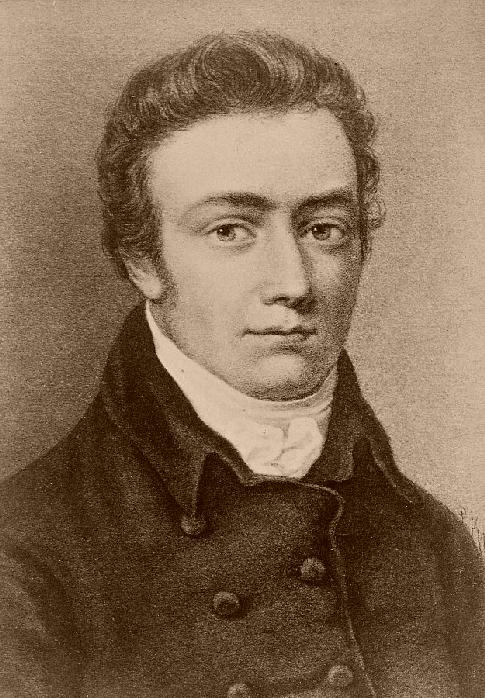Samuel Taylor Coleridge frasi celebri
Origine: Da La ballata del vecchio marinaio.
Samuel Taylor Coleridge Frasi e Citazioni
Origine: Da Sulla poesia o l'arte.
La leggenda del vecchio marinaro, Alessandro Ceni
La leggenda del vecchio marinaro, Alessandro Ceni
La leggenda del vecchio marinaro, Alessandro Ceni
“Chi si vanta di aver conquistato | una moltitudine di amici non ne ha mai avuto uno.”
Origine: Da Pondere non numero.
Origine: Citato in Guido Almansi, Il filosofo portatile, TEA, Milano, 1991.
Origine: Da una lettera del 1798 a George H. Coleridge; citato in Andrew Weil e Winifred Rosen, Dal cioccolato alla morfina. Tutto quello che dovete sapere sulle sostanze che alterano la mente, traduzione di Fabio Bernabei, Arcana, Roma, 2007, p. 107.
“La più generale definizione della bellezza […] Molteplicità nell'Unità.”
Origine: Da On the Principles of Genial Criticism.
“L'esperienza ci informa che la prima difesa degli spiriti deboli è recriminare.”
Origine: da Biographia literaria, 1817.
“Quella volontaria sospensione dell'incredulità sul momento, che costituisce la fede poetica.”
Origine: Da Biographia literaria, 1817 – cap. XIV.
Origine: Da Poesie e prose, Torino, 1931, p. 124; citato in Aldo D'Asdia e Pietro Mazzamuto, Letteratura italiana, Pagine di documentazione critica, Felice Le Monnier, Firenze, 1973<sup>9</sup>, p. 9.
Samuel Taylor Coleridge: Frasi in inglese
To a Lady, Offended by a Sportive Observation
Bartlett's Familiar Quotations, 10th ed. (1919)
Aids to Reflection (1829), comment to Aphorism 7
On the Principles of Genial Criticism (1814)
"The Homeric Hexameter" (translated from Schiller) (1799)
“Indignation at literary wrongs I leave to men born under happier stars. I cannot afford it.”
Origine: Biographia Literaria (1817), Ch. II
" Fears in Solitude http://etext.lib.virginia.edu/stc/Coleridge/poems/Fears_in_Solitude.html", l. 81 (1798)
3 January 1834
Table Talk (1821–1834)
“Milton had a highly imaginative, Cowley a very fanciful mind.”
Origine: Biographia Literaria (1817), Ch. IV
Wallenstein, part i, Act ii, scene 6
Bartlett's Familiar Quotations, 10th ed. (1919)
“In many ways doth the full heart reveal
The presence of the love it would conceal.”
Poems Written in Later Life, motto (1826)
Wallenstein, part i. Act ii, scene 4 (translated from Schiller)
Bartlett's Familiar Quotations, 10th ed. (1919)
“And looking to the Heaven, that bends above you,
How oft! I bless the Lot, that made me love you.”
"The Presence of Love" (1807), lines 10-11
“Carv'd with figures strange and sweet,
All made out of the carver's brain.”
Part I
Bartlett's Familiar Quotations, 10th ed. (1919), Christabel
“Saints will aid if men will call:
For the blue sky bends over all!”
Part I, l. 330
Christabel (written 1797–1801, published 1816)
2 January 1833
Table Talk (1821–1834)
21 September 1830
Table Talk (1821–1834)
“O lady! we receive but what we give
And in our life alone does Nature live.”
St. 4
Dejection: An Ode (1802)
Letter to his brother (1791).
Letters
“That willing suspension of disbelief for the moment, which constitutes poetic faith.”
Origine: Biographia Literaria (1817), Ch. XIV
Fancy in Nubibus
Bartlett's Familiar Quotations, 10th ed. (1919)
